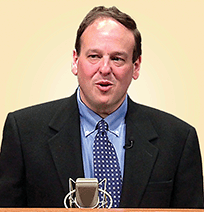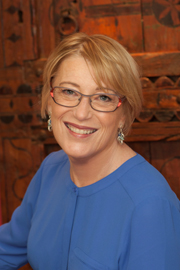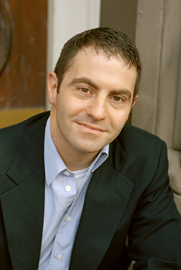The 33rd Annual Whitehall Lecture Series, Heroes of the Homefront: World War I and the Faces of Wartime America, presented each Sunday afternoon from February 11th to March 11th, commemorated the roles of American soldiers and supporters during World War I. Each lecture presented a unique range of historical perspectives, including those of political and military leadership, the Doughboys on the front lines, minority infantrymen conscripted to battle, and women on the homefront and abroad. Heroes of the Homefront evoked a new appreciation for America’s participation in World War I and address the ways in which American culture was forever changed by it. Website visitors can now watch a recording of available lectures via a Livestream broadcast. There is no charge to watch the recorded lectures. Begin by clicking on the "Watch This Recorded Lecture" button.
Sponsored by:

 Will Englund
Will Englund Richard Rubin
Richard Rubin








